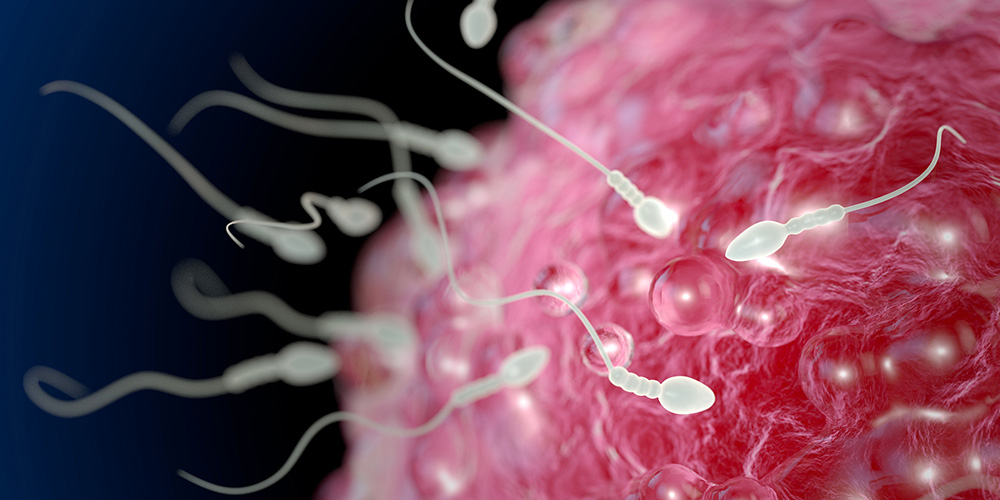Our body’s “blood factory” consists of specialized tissue made up of bone cells, blood vessels, nerves and other cell types. Now, researchers have succeeded for the first time in recreating this cellular complexity in the laboratory using only human cells. The novel system could reduce the need for animal experiments for many applications.
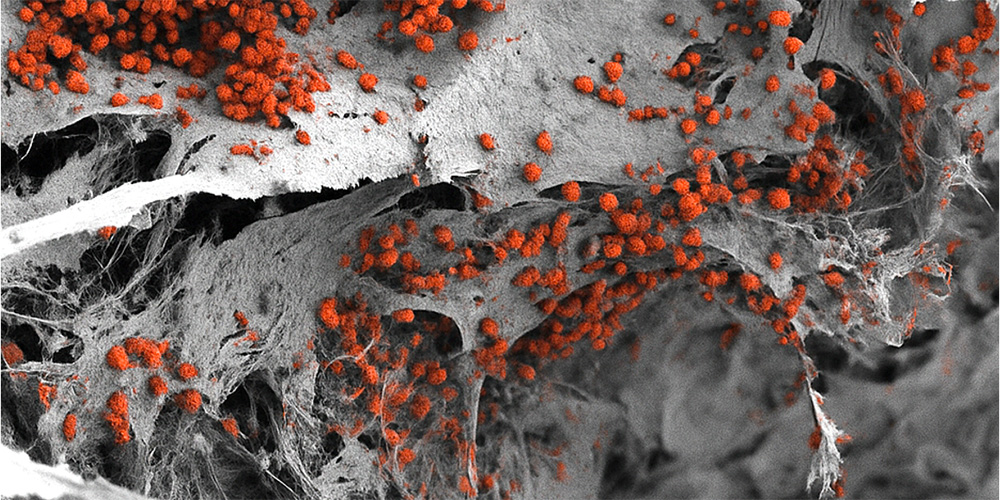
Prof. Dr. Burcu Tepekule is to become the new assistant professor of Paediatric Infectious and Emerging Diseases Modelling. The University Council has also promoted Prof. Dr. Alain Müller to associate professor.
The Swiss National Science Foundation is awarding 41 Starting Grants this year. Three of these grants will fund projects in the humanities at the University of Basel in the fields of history, classical studies, and linguistics.
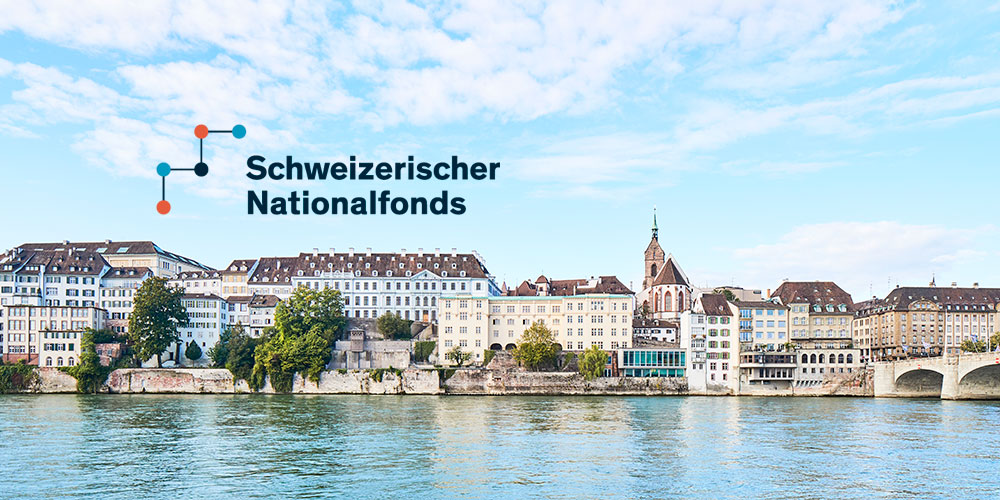
A research team at the Department of Physics at the University of Basel has been awarded a prestigious Synergy Grant from the European Research Council (ERC).

Marine microorganisms produce large amounts of nitrous oxide, a highly potent greenhouse gas. A Basel-based researcher investigated the exact processes involved during an expedition to the Pacific. The results are important for climate modeling.

State-of-the-art AI programs can support the development of drugs by predicting how proteins interact with small molecules. However, researchers at the University of Basel have shown that these programs only memorize patterns, rather than understanding physical relationships.
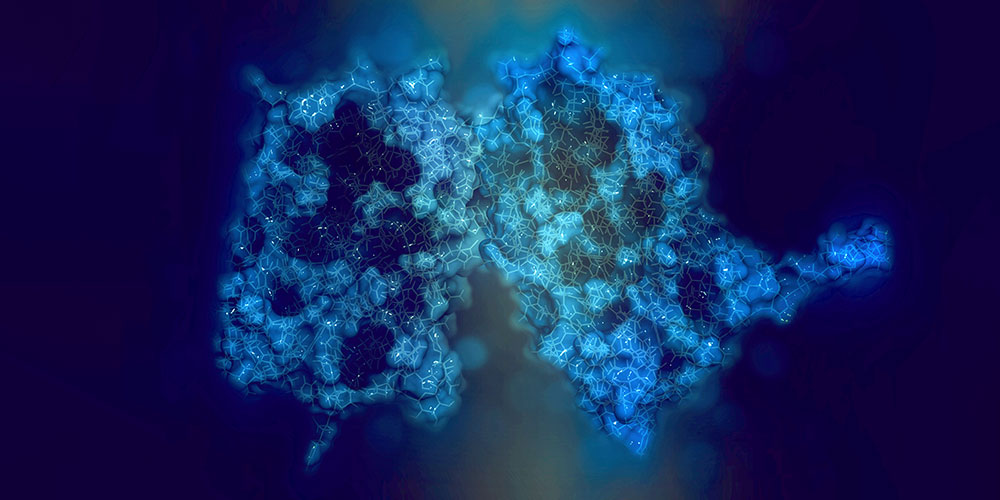
Prof. Dr. Daniel Malz is to become the new assistant professor for theoretical quantum optics with a focus on the physics of light-matter interaction. The University Council also appointed ten adjunct professors.
By summer 2029, the Department of Social Sciences and the Dean’s Office of the Faculty of Humanities and Social Sciences are to be merged in the “Alte Gewerbeschule”. Construction work will begin on 17 November 2025.
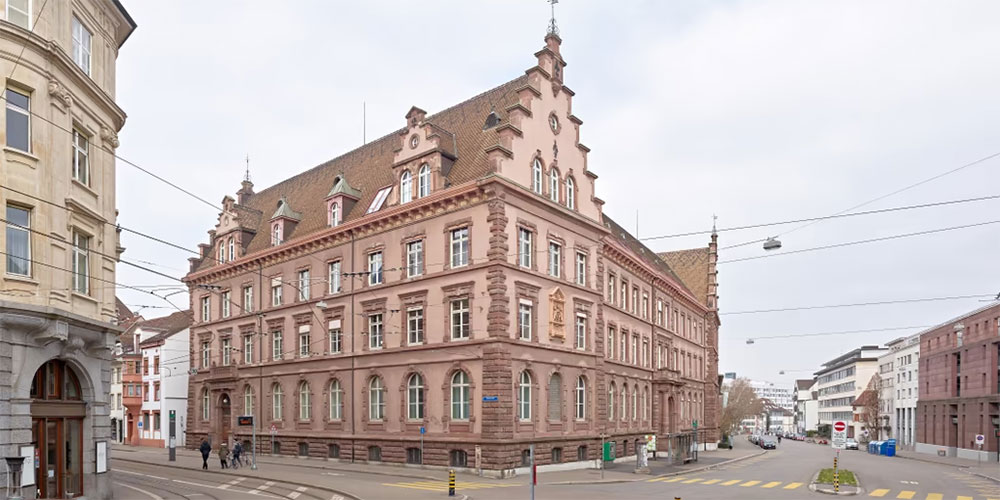
Once a sperm has broken through to an egg cell in order to fertilise it, the two cells need to hold together tightly. This occurs via a type of protein binding that is among the strongest in biology – and it is also unique.
